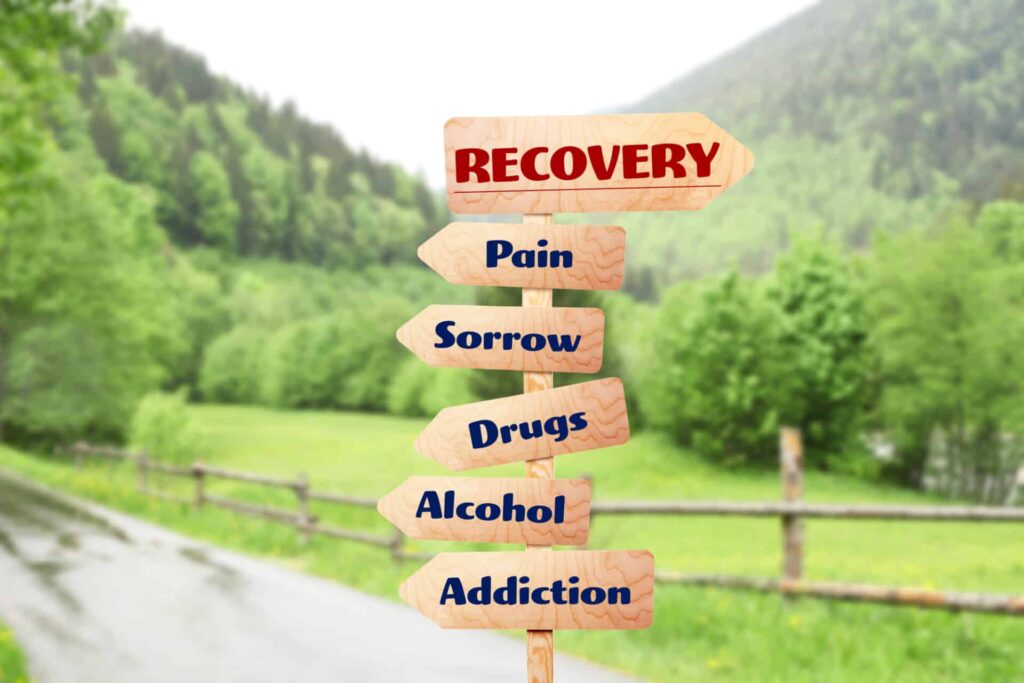Trick Kind Of Addiction Treatment: Browsing Alcoholism Recovery With Evidence-Based Practices
In the world of alcohol addiction recovery, the combination of Cognitive-Behavioral Treatments (CBT) and Medication-Assisted Therapy (FLOOR COVERING) marks an essential stride in the direction of efficiency and patient-centered treatment. CBT offers a structured path to reframe damaging idea patterns, while floor covering gives a biochemical foothold versus the physical tribulations of withdrawal. When these evidence-based methods are supplemented with alternative strategies, such as mindfulness and dietary assistance, they create a durable structure for therapy. The trip with these techniques provides distinct challenges and outcomes, laying bare the question of just how these treatments concretely converge to promote sustained recovery.

Recognizing Cognitive-Behavioral Treatments in Alcohol Dependency Healing
As alcoholism healing progresses, cognitive-behavioral treatments (CBT) have become a cornerstone in effective therapy approaches. CBT operates the concept that maladaptive actions, such as extreme alcohol consumption, are driven by dysfunctional thoughts and ideas. Treatment concentrates on identifying these negative patterns and teaching people exactly how to challenge and replace them with even more constructive thinking. This therapy is not only about managing behaviors yet additionally improving cognitive processes, which can lead to continual soberness. Sessions generally entail functional abilities training, such as dealing methods for managing desires and tension monitoring techniques. The adaptable nature of CBT permits it to be tailored to the unique demands of each person, enhancing its performance in the world of alcohol recovery.

The Duty of Medication-Assisted Treatment in Managing Withdrawal and Desires
Medication-assisted therapy (MAT) plays an essential function in the management of withdrawal signs and symptoms and yearnings in individuals recovering from alcohol addiction. Floor Recommended Reading covering involves making use of FDA-approved medicines such long term rehab as naltrexone, disulfiram, and acamprosate, which help in reducing the physical and psychological prompts to drink, promoting a smoother and a lot more manageable cleansing process. These drugs operate by changing mind chemistry to reduce the rewarding results of alcohol, stabilize mood swings, and lower physiological dependancy. This pharmacological technique, when combined with counseling and behavior modifications, improves the opportunities of long-term healing. Such assimilation supports the retention in treatment programs and contributes significantly to avoid relapse, marking floor covering as a keystone of effective alcoholism therapy.

Integrating All Natural Approaches With Standard Treatments for Comprehensive Care
While medication-assisted therapy provides a fundamental approach to alcohol recuperation, incorporating alternative approaches with traditional therapies provides a much more detailed treatment model. This synthesis makes it possible for the therapy of the entire person, dealing with not only the physical elements of addiction however visit additionally the emotional, psychological, and spiritual measurements. Techniques such as mindfulness, yoga exercise, and acupuncture enhance cognitive-behavioral treatment (CBT) and group sessions, sustaining stress and anxiety decrease and psychological law. Nourishment and workout programs additionally boost physical health and wellness and strength. By incorporating these diverse methods, treatment programs can tailor treatments to specific needs, promoting a much more sustainable healing. This incorporated strategy highlights the value of a diverse technique in the efficient treatment of alcohol addiction.
Conclusion
To conclude, effective alcoholism recovery leverages a combination of evidence-based methods. Cognitive-Behavioral Treatments reframe negative thinking, while Medication-Assisted Treatment takes on the physical obstacles of withdrawal and yearnings. Integrating all natural methods, such as mindfulness and proper nutrition, with standard treatments ensures an extensive care technique. Customized to specific needs and supported in time, these strategies collectively improve the possibility of sustained sobriety and general wellness in recouping people. addiction treatment center.